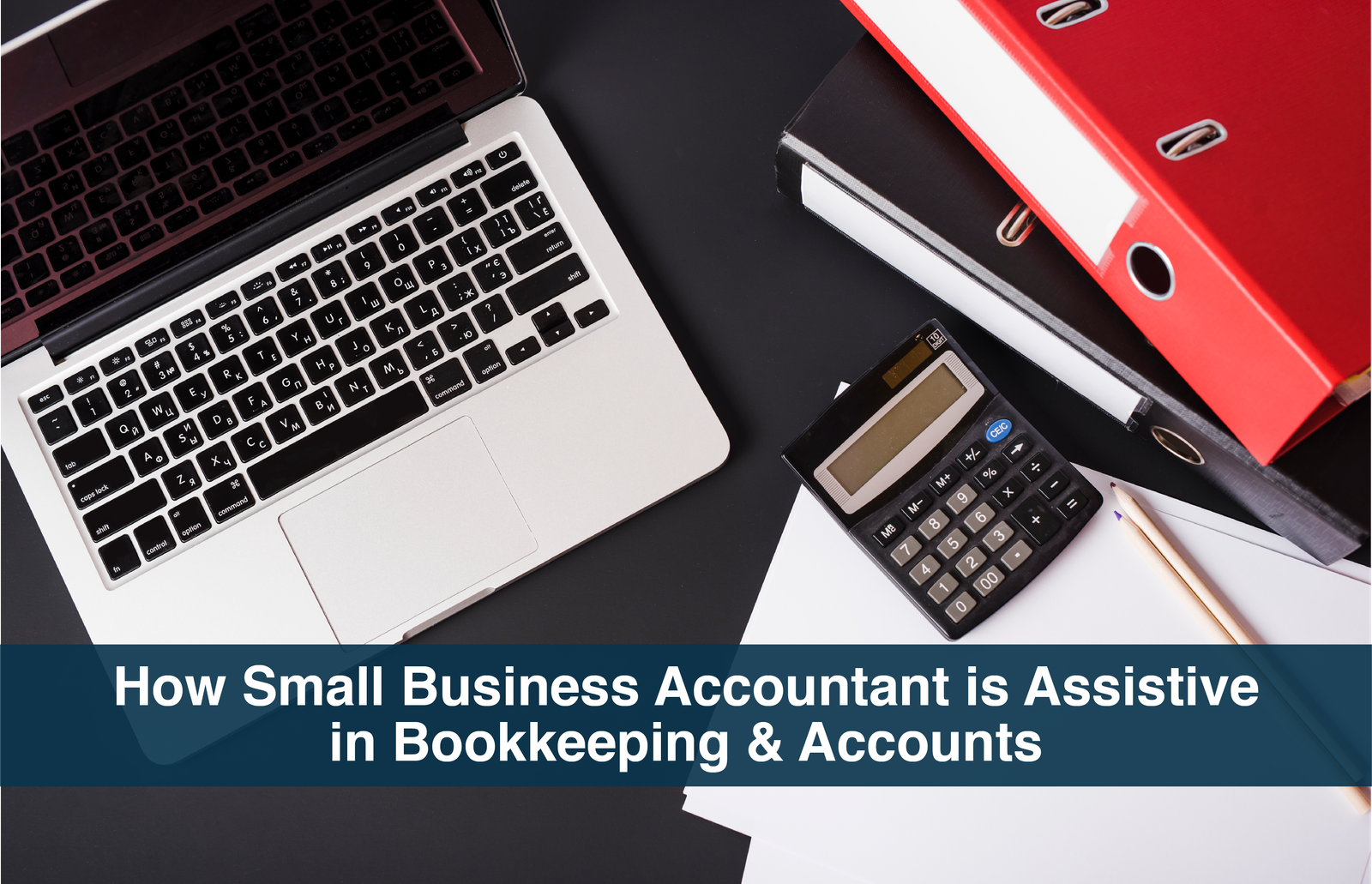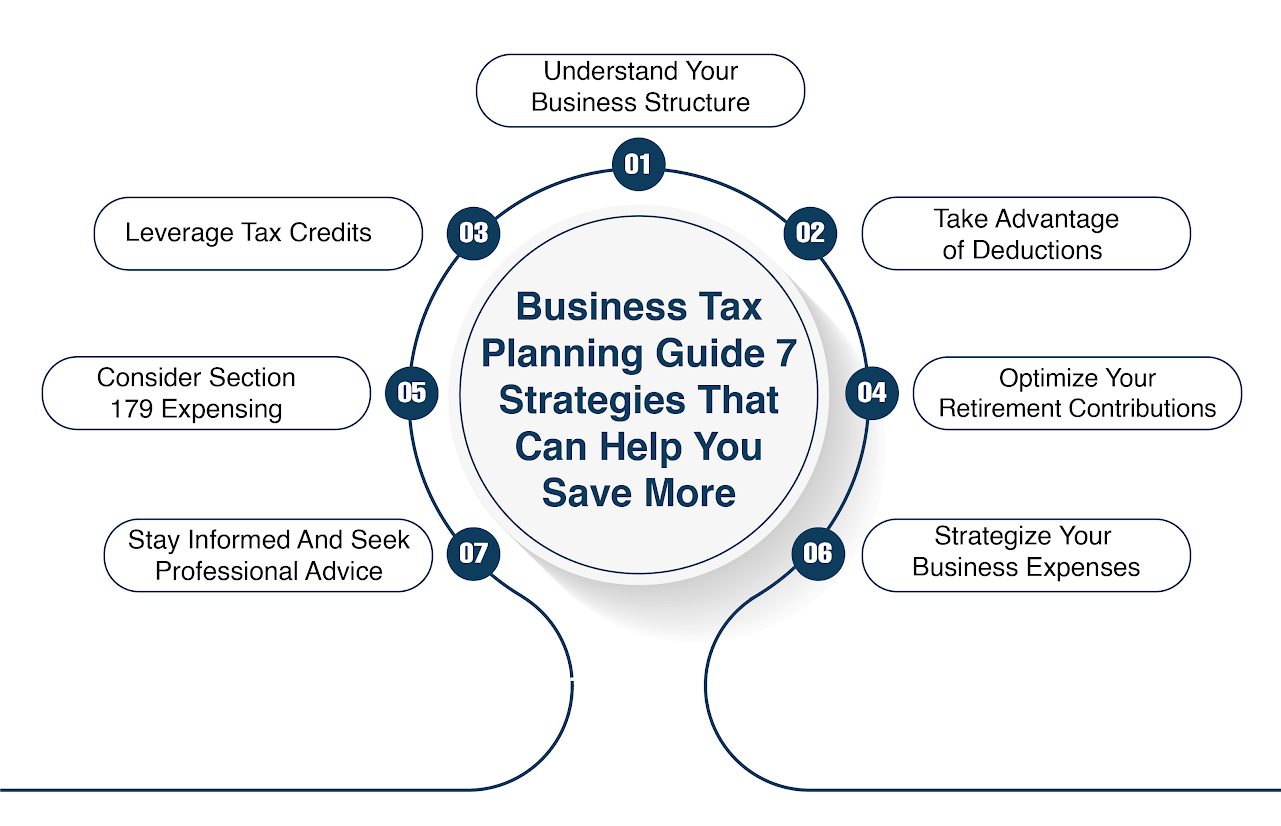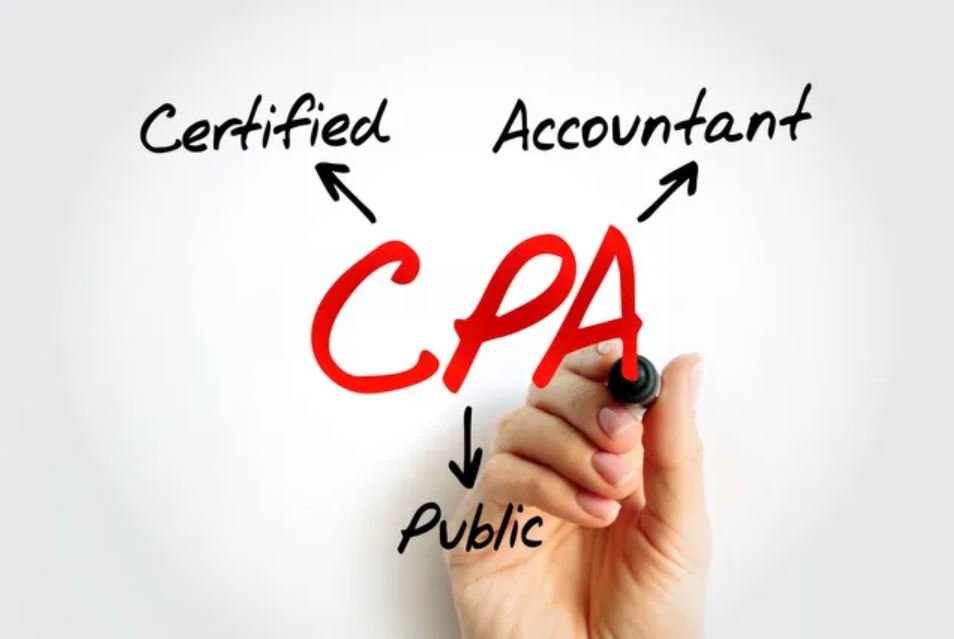As Warren Buffett says, accounting is the language of business. He and other savvy business owners use accounting to make investment decisions to grow the companies they choose to invest in. Interestingly, many home-based business tax deductions often pay attention to their accounting until tax time arrives, and they don’t do it at all. SG INC CPA has been helping hundreds of cottage industries and small-scaled startups with tax solutions for many years.
What is a Tax Deduction?
The North American region is among those economies of the world that run on taxes. A home-based business tax means you must pay the settled or IRS-defined government fees and duties before bringing your products, products, or services to the market. You can only end users if you comply with the home-based business tax deductions list. Therefore, you must have sound knowledge about tax preparation and procedures to evade penalties and unforeseen disruptions in your business. Our CPAs and accountants help small businesses in California and Texas to prepare their tax planning and preparation.
How Can You Handle Tax Deductions?
Nine out of ten small businesses that fail do so due to financial mismanagement of the company. Financial mismanagement may result in their failure to make decisions to grow their business, meet financial obligations like paying their employees or rent, miss tax deductions that can save money, or fail to pay their taxes.
As a professional CPA firm, we strategize and practice accounting to bring you the ultimate solutions to tax evasion. If you want to know how to handle tax deductions, you can follow the process with our tax team.
IRS Relieves Tax Proportion For Home-based Entrepreneurship
When dedicating a portion of their living space to their business, people can benefit from tax advantages that the IRS caters to their tax liabilities. This home office tax deduction is available to both homeowners and renters. However, it is important to note that remote and hybrid employees are not eligible for these tax incentives; only sole proprietors, not employees, can take advantage of the home office deduction. The home office must sync to IRS eligibility rules outlined in Publication 587, Business Use of Your Home, to qualify.
To Qualify For The Home Office Tax Deduction, Individuals Must Adhere To Specific Criteria:
Exclusive Use Test
The designated space must be used solely for business purposes.
Regular Use Test
The dedicated office space should be frequently utilized for business operations.
Principal Place of Business Test
The home office must be the primary location for conducting business activities, including client calls and administrative responsibilities.
If you meet these criteria, you qualify for your eligibility for the home office tax deduction.
What Do You Need For Tax Planning?
We offer accounting and tax audit solutions to small business runners. Our professional team assists the local businesses. Accounting is the recording, reporting, interpreting, and analyzing of financial information. These words – recording, reporting, interpreting, and exploring – are very important.
Accounting and Tax Deductions
Let’s discuss why accounting is even important for tax deductions or anything else in the first place. To grasp the significance of accounting, let’s consider a simple scenario. Suppose you operate a cleaning business, let’s call it the House Cleaning Company. Imagine you charge $100 for cleaning one person’s house, covering tasks like vacuuming, carpet cleaning, window wiping, and more.
At that time, you had just started your business, so you needed to decide to do everything yourself before starting the business. Fast forward two years later, and suddenly, your business booms. Your emails are full mobile phones honk off the hooks, your schedule is completely loaded for the week, and you don’t spare time to do anything else – from sales, customer service, or even delivering the cleaning services. Now you’re stressed, you don’t know what to do.
Best Option for Business Tax Audit?
Explicitly, this is a good sensation to have your business growing. Perhaps you need to hire some professional accounting experts to help you. At this point, we can be your vital support for accounting and tax audits; for one, who do you hire first? How much do you pay that person? How can you ensure that there’s enough work for that person, and most importantly, how much can you afford to spend to hire that person and how much can you afford to pay to keep expanding your business?
When Do Your Sales Get Liable For Tax?
The first stage of the taxation process is to record all transactions in your business. Every time a transaction gets processed, you need to register it. Now, there are five major transaction types that you must know. These five transaction types are revenue, expenses, assets, liabilities, and one of my favourites, equity. Knowing these five transaction types is important because they will determine how your reports are organized and influence how you interpret your business finances.
Revenue Links to Tax Liabilities
Our team teaches you how to understand the business sales tax liabilities. Revenue is what you yield out of selling your products, products or services. It is the value customers pay in exchange for your products or services. For example, when a customer pays the cleaning company for its services, their payment represents revenue. Now, revenues are also commonly referred to as sales.
Calculate Expenses
Expenses are the costs incurred to operate your business. In the cleaning business instance, the expenses would be hiring a contractor and the cleaning supplies used when those services are provided. Now, let’s move on to assets. Assets are resources owned by the company with a measurable future value. For example, if you own an expensive cleaning device such as a carpet cleaner, this will be an asset to my business.
Asset Measurement
Anything you hold as the ownership rights used to yield future value is technically considered an asset. Now, liabilities, on the other hand, are what the company owes to creditors. For example, if you took out a loan to pay for your expensive cleaning device, you would also be liable to pay that loan back. Later in this scenario, I would gain an asset (the cleaning device) and a liability (the loan).
Now, there are quick and easy ways to do this by syncing your business bank account to a bookkeeping system and classifying your transactions within that bookkeeping system. This whole process is called bookkeeping. SG INC CPA is on the other side of the edge to offer professional advice to maintain records to qualify you for home-based business deductions.
How To Be Eligible For Tax Deductions?
In the light of the IRS, we provide guidelines for various types of living spaces that qualify for deductions related to home-based business expenses.
Building Types for Tax Deductions
A home office is a business operating site. You can establish it in diverse settings, including residential houses, apartments, cottages, mobile homes, or even boats. That separate structure may also qualify for tax evasion if you own or rent a property with an adjacent garage or studio. Spaces dedicated to daycare facilities are considered within the home office definition. However, if you rent your house to overnight guests, that rental space will not come under the category of an office.
Who Can Claim For Commercial Tax Deductions?
In cases where you and a spouse or roommate operate separate businesses from home, each individual can claim home-based business tax deductions. However, you cannot claim tax incentives for the same space simultaneously. For instance, if two people share a dedicated office, only one person may benefit from a tax deduction for that room.
It is advisable to consult with tax professionals to determine if your LLC or sole proprietorship qualifies for home-based business tax incentives. SG INC CPA offers a reliable service for home-based business tax incentives in Milpitas and Dallas. You can get your status determined whether you fall under the tax relief eligibility or not. We make planning to get you qualified for the tax ombudsman.
Tax Deductions for Home Businesses
Home-based businesses have the opportunity to claim various tax-deductible expenses beyond the home office costs.
Aside from the home office deduction, self-employed individuals can deduct operational costs, such as managerial and professional service fees.
Freelancers and independent contractors are eligible to deduct costs irrespective of their qualification for a home office deduction. Review your spending to identify potential deductions you might have overlooked.
Factors for Tax Deduction Eligibility
There are certain factors that strengthen your tax case to qualify for the business tax waiving off if your business is a home-based one.
Operating Expenses
Dealing with the expenses requires the day-to-day costs incurred while running a business. There is a fall in employee salaries and wages, cost of goods sold, supplies and equipment, software, and travel expenses under this category.
Travel Expenses
Business-related travel, including mileage, airfare, lodging, and transportation services, can be deducted.
Business Insurance
Deductible premiums for insurance policies covering employee medical and retirement plans, liability or malpractice, and workers’ compensation are permissible.
Depreciation
Large equipment must be depreciated over its useful life. For example, office furniture is depreciated over several years rather than receiving a full deduction in the purchase year. Business depreciation expenses can be deducted from the annual federal tax return.






